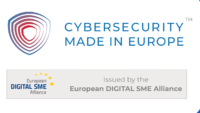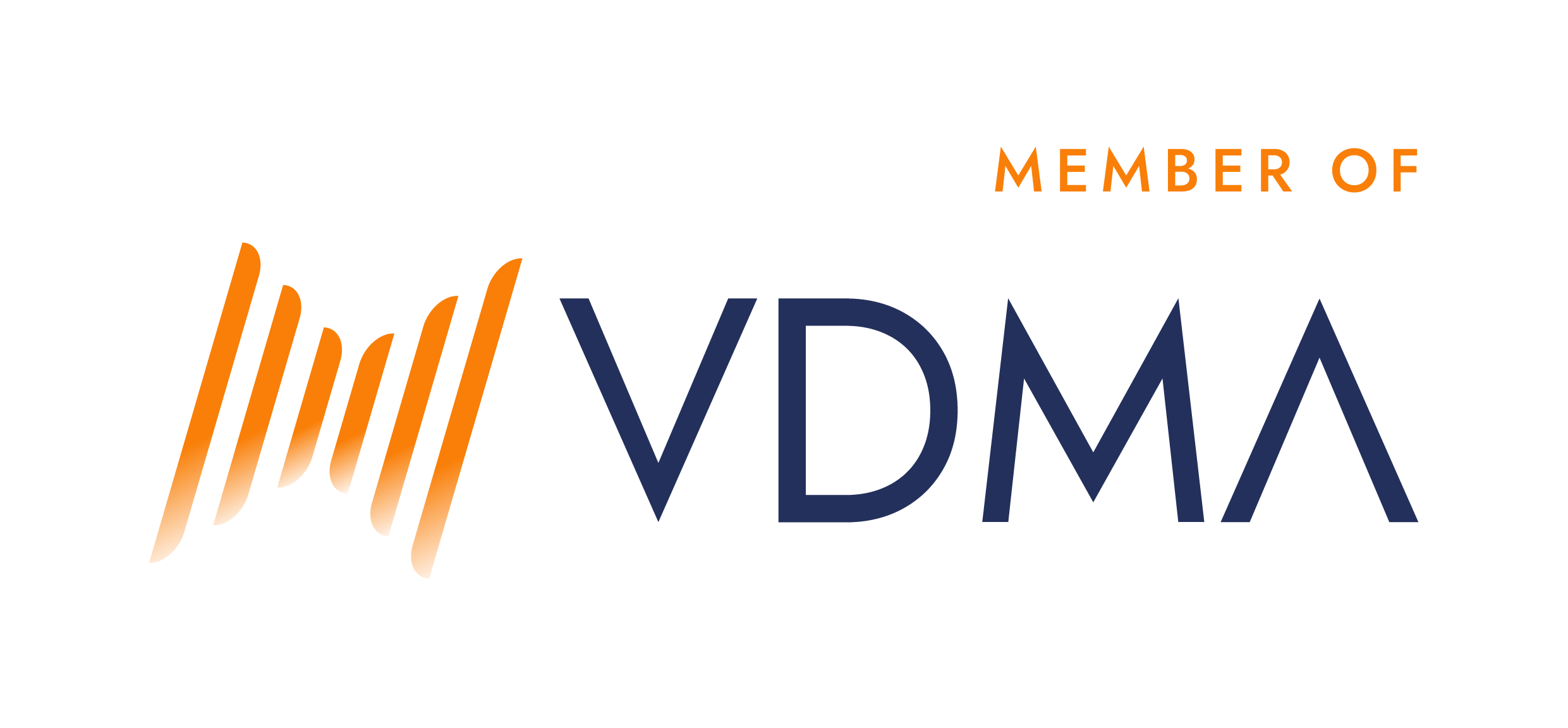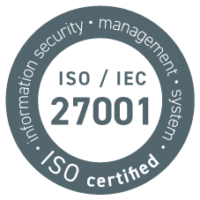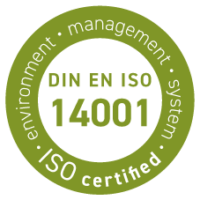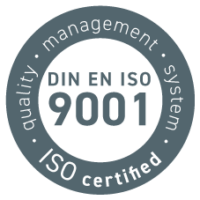On Wednesday, May 3, 2023, we will welcome a delegation of around 20 people from Catalonia. The group will be gathering information in Baden-Württemberg from May 2 to 4 on the topics of Industry 4.0 and digitalization in production. Baden-Württemberg International has organized the trip together with ACCIÓ as part of the Enterprise Europe Network (EEN). At asvin, the Catalan business delegation will learn about our current topics on securing OT environments and protecting AI systems. We will also present the DatachainSec project, which aims to defend against food supply and food safety attacks. In advance, we asked participants about their expectations. Here are the answers from three participants:
Andrea Arenas González works for the Spanish business association amec. Her role is to lead and coordinate innovation and improvement projects, as well as other more strategic and cross-functional aspects. Amec represents over 350 industrial companies, and cybersecurity is one of their main concerns. Over 60% of Spanish companies increased their cybersecurity budgets in 2022, and 94% of them experienced at least one serious cybersecurity incident throughout the year. Despite Spain being the third country with the most cybersecurity breaches in the world, it is considered to have one of the most mature security ecosystems. Amec advises it´s members on cybersecurity issues through their partner JakinCode who offers trainings to keep them up to date on the latest developments in this field. Andrea Arenas González´ expectations are to conduct a benchmark and state-of-the-art analysis on Industry 4.0 in order to carry out more disruptive innovation projects with innovative technology for corporate innovation. Additionally, she aims to provide a report for amec-members regarding the applicability of these technologies in their factories.
Josep Guasch is founder and technical director of Brontobyte Cloud company from Barcelona. As an analyst he is searching for new solutions to improve the security of partners. His connection to cybersecurity is total: “All our services are designed to be an important part of a security layer for businesses.” His expectations are mainly that he´ll learn and improve the processes in his company and the services it provides. “And why not”, he says, “if we can add a new service to our portfolio of cloud services for businesses, that would be great.” Among many other things that come from daily operations, he especially wants to know how companies in BW protect their data and whether or not they work in hybrid environments, in the cloud and on-premises.
Stefano Melchior is CEO of Barcelona-based BeChained Artificial Intelligence Technologies SL.
The startup BeChained built an energy-tech digital twin for energy business consumers (i.e. manufacturers). It deploys energy efficiency in production processes and unlocks to those customers access to energy demand-response and carbon markets. “Cybersecurity is one of upmost differentiating key for us”, Melchior said and continues: “As we acquire information from IIoT at customer’s factories and transfer it to our Cloud based platform, we need to be sure that it won’t be expose to cyber attacks, spoofed or tampered.”His expectations for this delegation trip are to learn more from the deep-tech ecosystem in an highly industrialised area like Stuttgart: “The two key topics that we are interesting to deepen are: First, how industry is currently managing the energy transition, and secondly how the local technological companies ease and foster the process to digitalise and secure the information management.” Nevertheless, he is keen to listen and build synergies with enterprises helping to boost key differentiating aspect of BeChained´s value proposition.
About asvin: asvin GmbH is based in Stuttgart and currently has 22 employees. We develop solutions for software supply chain security. Our unique selling point is graph-based risk analysis. This enables CISOs to identify business-critical vulnerabilities on devices or segments in OT environments and prioritize protective measures. This not only saves effort and costs. Companies receive real-time status data for their cybersecurity management and can act quickly and effectively – both in the event of damage, but above all proactively and with foresight.
Contact for the press
Konrad Buck, asvin GmbH
E-mail: k.buck@asvin.io

Konrad Buck
Head of Press and Media Relations
Background & Expert Access for Media
- Product & technology insights – technical context, solution architecture, and real-world use cases for professional and trade media
- Expert commentary & background talks – our CEO is available as an expert source on current cybersecurity developments, threat landscapes, and the impact of AI on security and regulation
I speak openly, fact-based, and without PR spin. I am a former IT journalist with decades of experience in the IT and cybersecurity space, familiar with the highs and lows of the industry. Off-the-record discussions are possible upon request.
